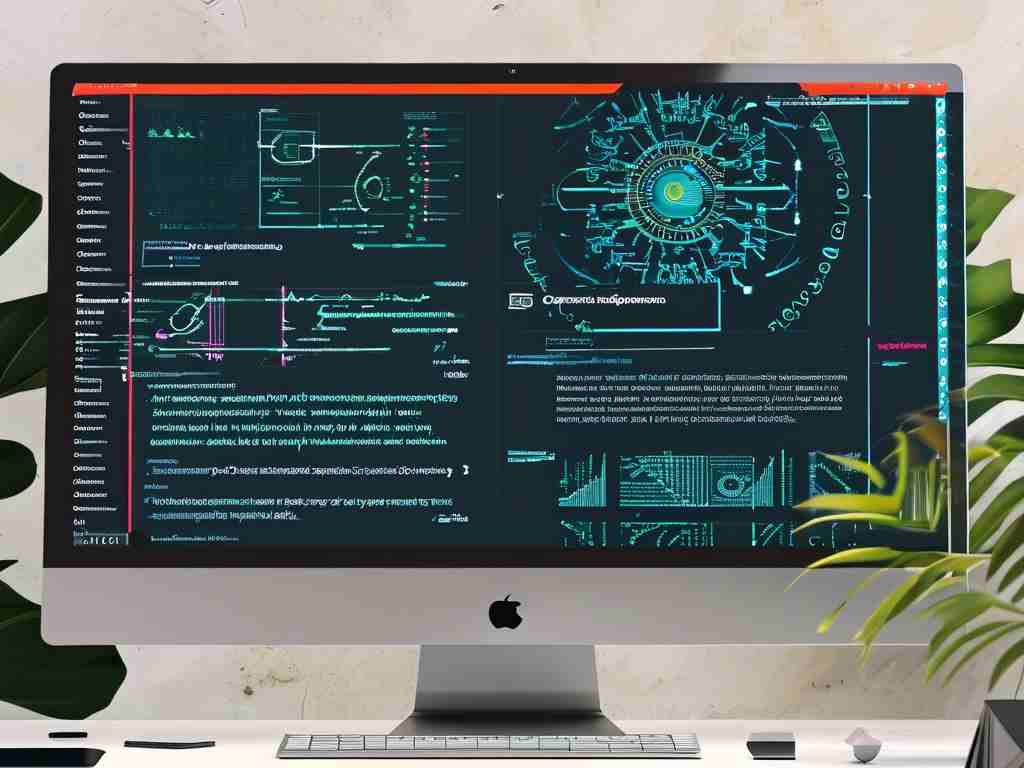The convergence of linguistic theory and compiler design represents one of the most intellectually stimulating crossroads in modern computational science. While linguistics explores the structure, acquisition, and evolution of human languages, compiler design deals with translating high-level programming languages into machine-executable code. This article examines how principles from formal linguistics have shaped compiler architecture, while also exploring how computational challenges in compiler design inspire new perspectives in linguistic modeling.
1. Foundations in Formal Language Theory
The bedrock of this intersection lies in Noam Chomsky's formal language hierarchy (1956), which classifies grammars based on their generative power. Type-3 (regular grammars) and Type-2 (context-free grammars) became fundamental to both fields:
- Lexical Analysis: Compiler tokenizers use regular expressions-direct implementations of finite automata from formal language theory-to identify keywords and symbols.
- Syntax Parsing: The LALR(1) algorithms in tools like YACC/Bison mirror phrase structure rules in syntactic theory, employing context-free grammar reduction strategies analogous to Chomsky's transformational rules.
Linguists later adopted parsing strategies from compiler design, such as Earley's algorithm (1970), to model human sentence processing. This bidirectional knowledge transfer reveals how abstract grammatical frameworks serve dual purposes in human and machine communication systems.
2. Semantic Mapping: From Montague to Intermediate Representation
Richard Montague's work (1970) formalizing natural language semantics using lambda calculus unexpectedly found practical application in compiler design:
- Abstract Syntax Trees (ASTs) mirror linguistic deep structure representations
- Three-Address Code generation parallels semantic role labeling in discourse analysis
- Type Systems in programming languages directly implement formal semantic theories about categorization
The LLVM compiler infrastructure demonstrates this beautifully: its intermediate representation (IR) acts as a "universal semantic layer" akin to the Logical Form in generative linguistics, enabling cross-platform optimization while preserving program meaning-a computational counterpart to the human brain's hypothesized "language of thought."
3. Pragmatic Considerations in Optimization
Modern compiler optimizations increasingly employ linguistic pragmatics concepts:
- Register Allocation algorithms mimic language register selection based on contextual constraints
- Dead Code Elimination parallels Gricean maxims of relevance in conversational implicature
- Loop Unrolling strategies reflect discourse coherence patterns in narrative structures
The GNU Compiler Collection's (GCC) interprocedural optimization uses data flow analyses strikingly similar to anaphora resolution models in psycholinguistics, demonstrating how low-level code optimization requires understanding "contextual meaning" at the machine level.

4. Emerging Frontiers: Neural Compilers and Cognitive Modeling
Recent developments in AI present new synthesis opportunities:
- Differentiable Programming: Frameworks like PyTorch employ neural-network-based "compilers" that blend gradient descent with traditional parsing techniques
- Universal Grammar Hypotheses: Google's MLIR project explores composable compiler infrastructures that mirror theories about innate linguistic faculties
- Cognitive Architectures: Projects like OpenCog apply compiler optimization techniques to model human language acquisition processes
A 2023 study at MIT demonstrated how transformer-based code generators implicitly learn type inference rules through attention mechanisms-a process neurologically analogous to children inducing grammatical patterns from linguistic input.
5. Educational Implications and Future Directions
This interdisciplinary fusion reshapes technical education:
- Linguistics students now study finite state transducers to model morphological processes
- Compiler engineers analyze dependency grammars to improve static analysis tools
- Cross-disciplinary courses like "Computational Psycholinguistics" are emerging at leading universities
Future research may focus on:

- Applying optimality theory from phonology to compiler heuristic design
- Developing quantum compilers using linguistic relativity principles
- Creating unified formalisms that describe both protein folding syntax and program execution semantics
In , the dialogue between linguistics and compiler design continues to yield profound insights. As natural language processing and quantum computing advance, this partnership will likely pioneer new frontiers in understanding both human cognition and computational architectures-proving that the grammar of machines and the logic of human language are ultimately two sides of the same epistemic coin.



